Why test a Portable Appliance?
There are considerable Legislation & Regulations that place a duty on Employers and Employees for the safety of themselves and others.
Ensuring this compliance must not be a paperwork exercise but a real initiative to ensure safety. Carrying out frequent Inspection & testing to your electrical equipment will promote this safety.
What are the Legal Requirements?
The Health & Safety at Work Act 1974 (HASW 1974) is an Act set by Parliament that places a duty of care on Employers & Employees to ensure the safety of all persons using the work premises.
This Act is law, and to contravene this law is a criminal offence.
As HASW 1974 is an “enabling act” it does not enter into detail of how you will achieve compliance but looks to other Regulations to achieve it.
What Regulations apply?
For the purpose of electrical safety in the use and provision of Electrical equipment, three Regulation sets typically apply.
Firstly, “The Management of Health & Safety at Work Regulations 1999” which places a duty on Every employer to make a sufficient assessment of the risks to health and safety of employees while at work and to all other persons while carrying out their work.
Of the assessed risks for any electrical equipment, it is quite likely that the number one hazard would be that of an electric shock.
The Provision and Use of Work Equipment Regulations 1998 (PUWER 98) requires every Employer to ensure that all equipment including electrical equipment is suitable for use, it is maintained in a safe condition and is inspected to ensure it’s continued safety. With respect to the risks from electricity, PUWER is likely to be satisfied by the compliance with the Electricity at Work Regulations 1989. As it’s title suggests, this is specifically electrical and requires all necessary precautions to be taken against the risk of Electric Shock.
DLM can offer this service to all of our Clients big or small and Prices Start from £1 per Item Contact us today, Protect your business. Safe in our Hands.



